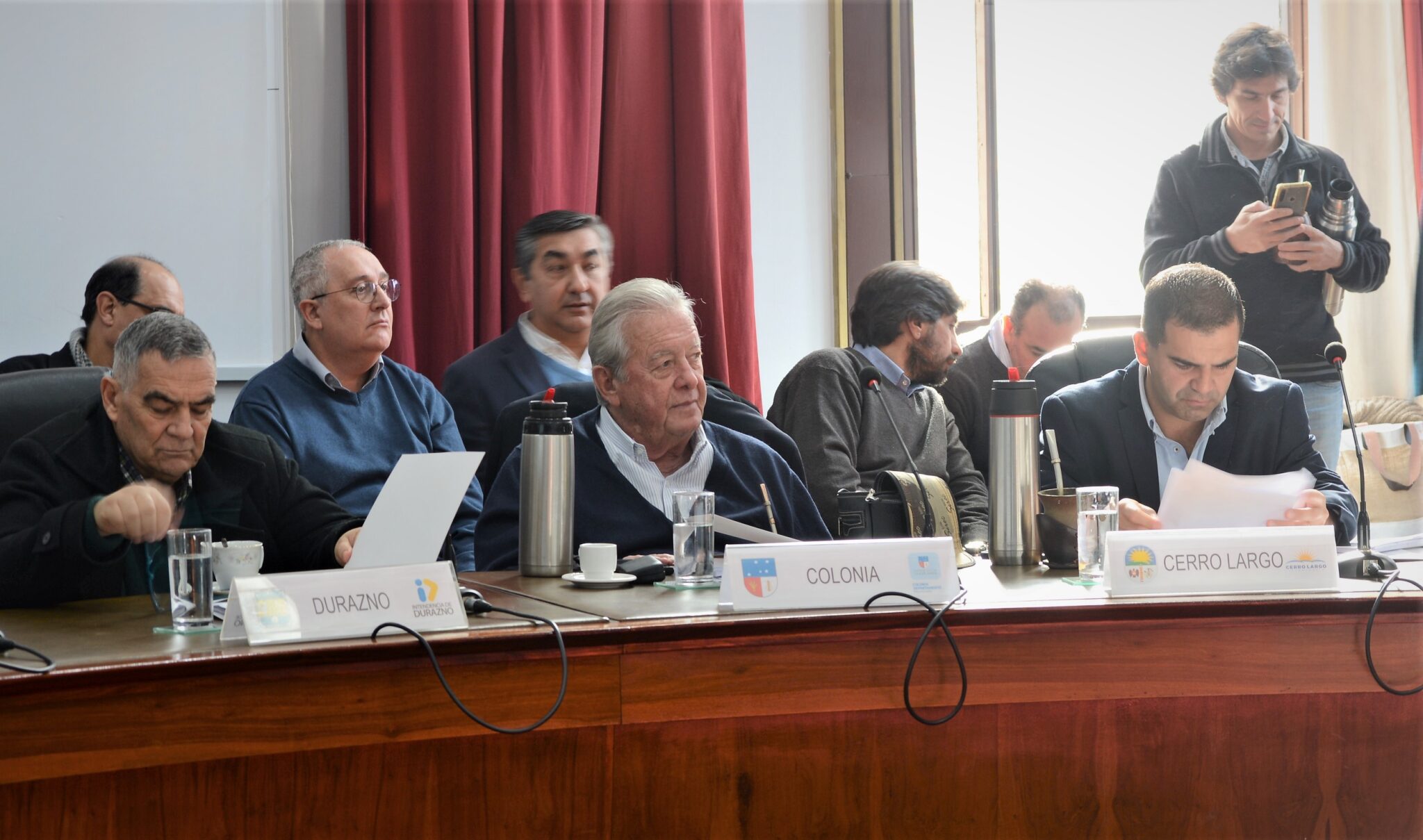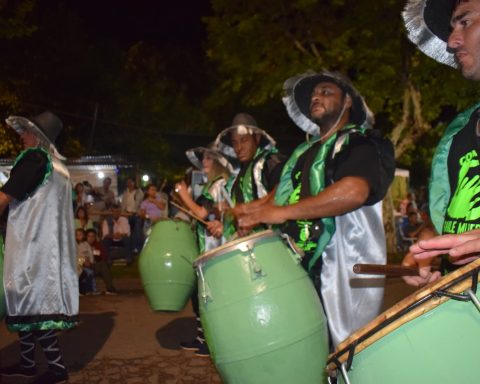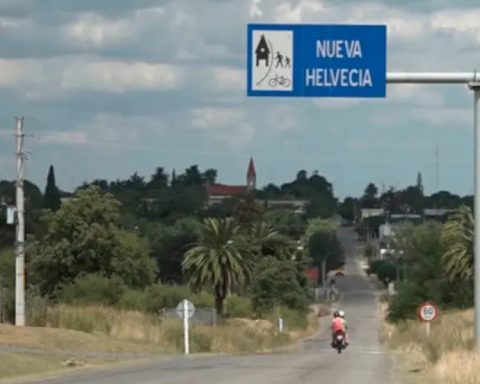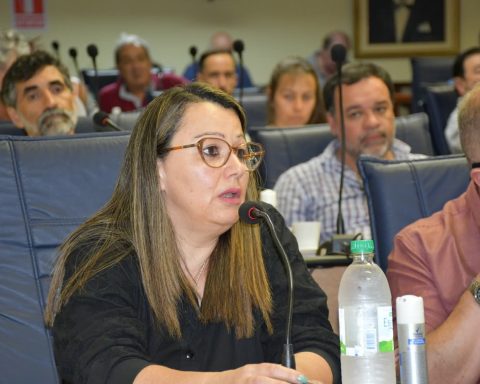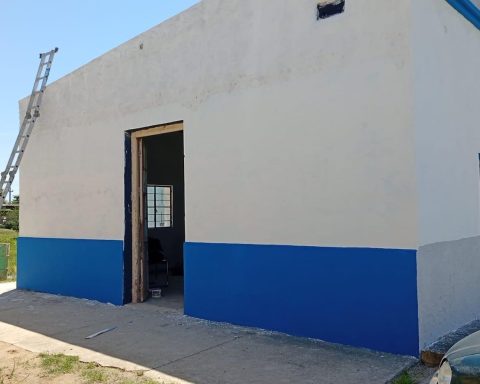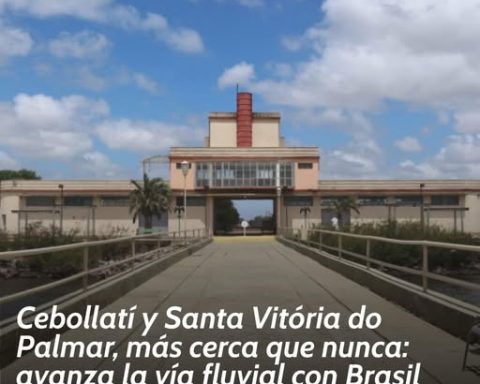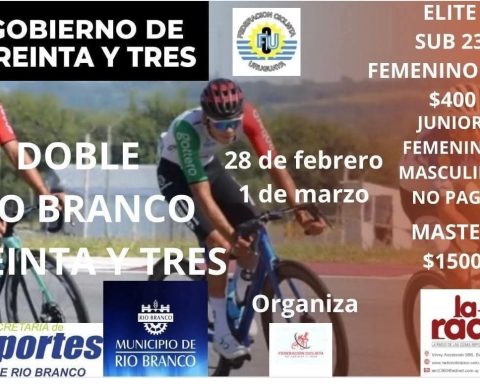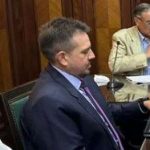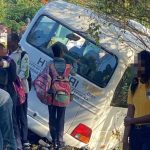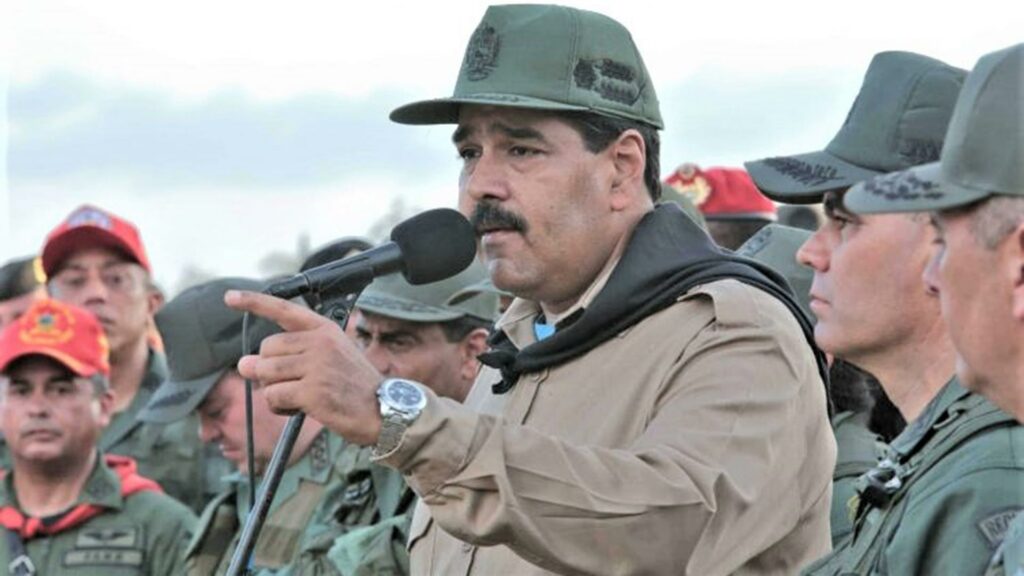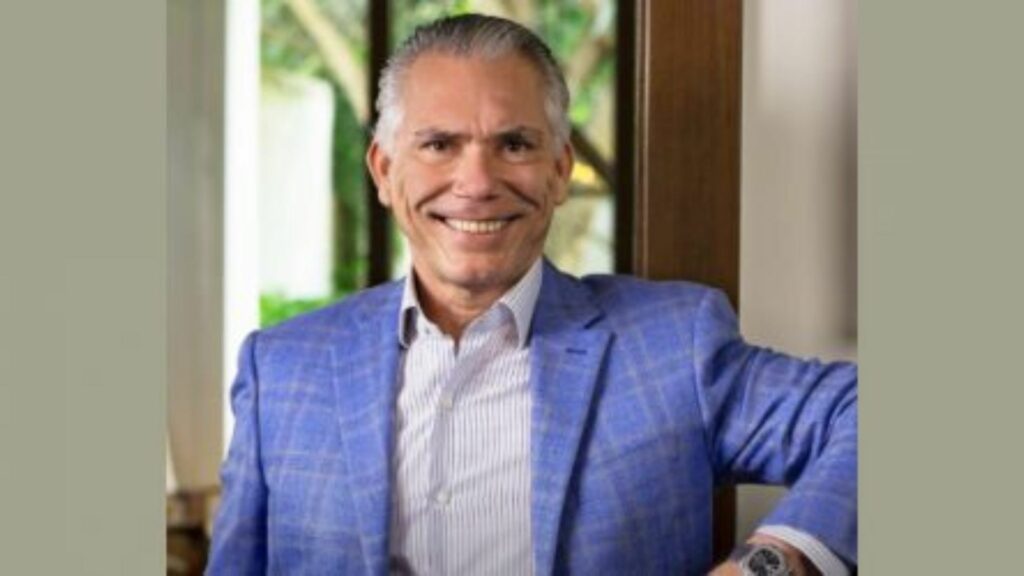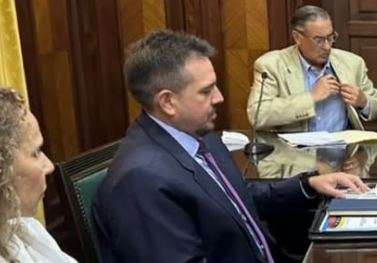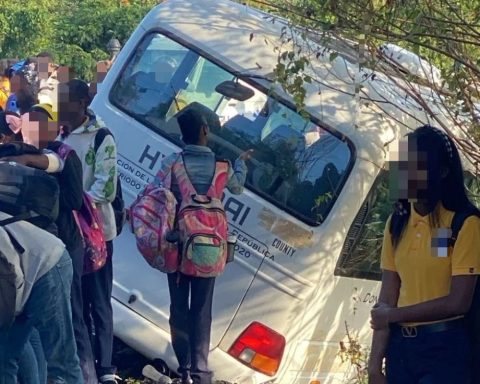At its headquarters on the second floor of the Municipal Palace, and with the participation of Dr. Carlos Moreira, the 33rd Plenary Session of the Congress of Mayors took place.
The mayors addressed various issues in the plenary session corresponding to the month of June, their agenda was marked by the presentation of the director of the National Emergency System, the rapporteurship on the cycle of migrant dialogues and the role of governments in charge of the Organization International for Migrations and the presentation of the Porsaleu Foundation.
Mayors and national and international authorities highlighted the importance of international cooperation in the territory.
The session began with an audience with the director of the National Emergency System (SINAE) Col. (R) Sergio Rico, who explained to the mayors how Sinae works; He reported on the Analysis Tables for forest fires and hazardous materials among other tables that work in the orbit of Sinae.
He commented on the operation of the CECOED (Departmental Emergency Coordination Centers) and the intention of reaching the third level of government by forming the Developing Resilient Cities 2030 project in Uruguay.
The Developing Resilient Cities 2030 (MCR2030) initiative is implemented in Uruguay by the United Nations Office for Disaster Risk Reduction (UNDRR), its Regional Office for the Americas and the Caribbean, and the National Emergency System (Sinae).
Eleven municipalities voluntarily signed up, forming a multisectoral emergency committee made up of public and private organizations.
On Wednesday, May 31, the next stage of the process was launched, in a virtual event that was attended by representatives of Sinae, UNDRR and the municipalities that are currently participating in the initiative in Uruguay: Bella Unión, Ciudad del Plata, Guichón, La Paloma, Mataojo, Minas de Corrales, Nueva Helvecia, Tranqueras, Vichadero, Villa Constitución and Young.
Presentation of the rapporteurship on the migrant dialogue cycle and the role of subnational governments
With the presence of the ambassador of the European Union in Uruguay Paolo Berizzi, the regional representative of the International Organization for Migration (IOM) Alba Goycoechea, and the president of the National Board of Migrations Amb. Ricardo Duarte, among other authorities present, presented the rapporteur of the Cycle of Dialogues on migration and the role of subnational governments, which took place between September and October 2022.
Both the ambassador of the European Union and the representative of IOM highlighted the importance of international cooperation in the territory that allows links with various actors, with departmental governments being a point of reference for migrants.
This report stems from the Cycle of Dialogues on migration and the role of subnational governments that were carried out within the framework of the Project Strengthening Political Decentralization and Territorial Development with Equity (Congress of Mayors – European Union) and had the participation of the International Organization for Migration in Uruguay (IOM)
After the presentation by IOM, the mayor of Canelones Prof. Yamandú Orsi and the representative of the mayor of Montevideo Ec. Mauricio Zunino made a review of the importance and what the dialogues on migrants and subnational governments, developed in 2022, have generated. .
